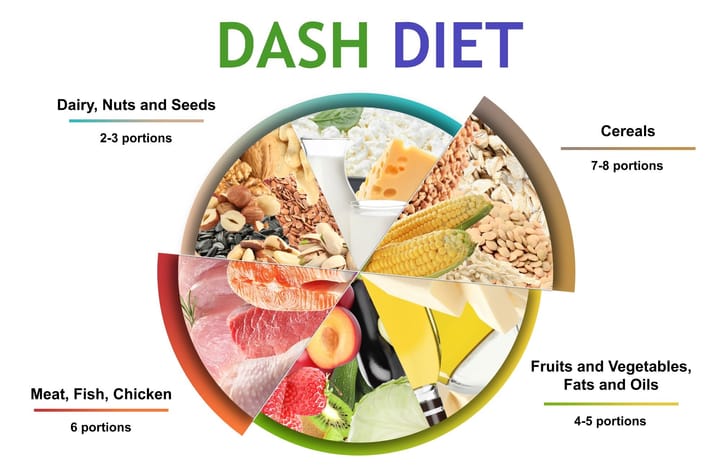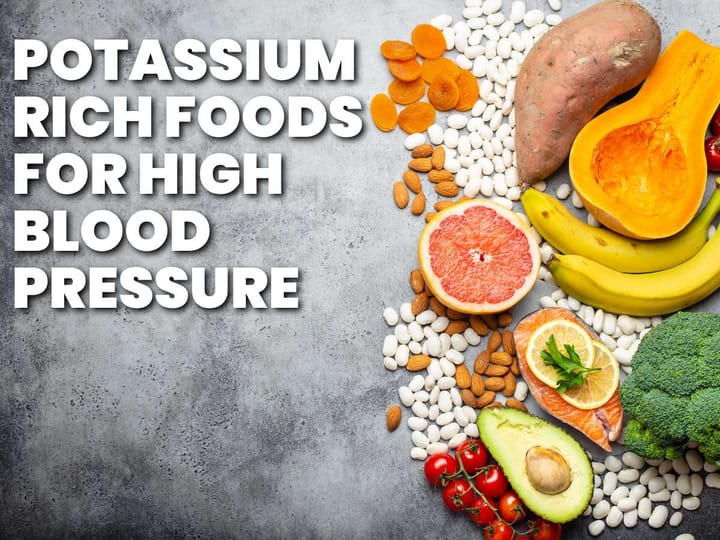Unlocking the Power of Sweet Potato Vitamin A

Introduction to Sweet Potato Vitamin A
Sweet potatoes are an excellent source of highly absorbable beta-carotene, which converts into vitamin A in the body. This essential nutrient plays a critical role in maintaining healthy vision, immune function, and skin health. The vibrant yellow or orange color of sweet potatoes is a clear indication of their rich beta-carotene content.
The intensity of the yellow or orange color of the sweet potato is directly linked to its beta-carotene content. The more vibrant the color, the higher the concentration of beta-carotene, and subsequently, vitamin A. This makes sweet potatoes an ideal food source for individuals seeking to boost their vitamin A intake and reap its numerous health benefits.
Health Benefits of Sweet Potato Vitamin A
Vitamin A in sweet potatoes offers numerous health benefits, making them a nutritious addition to a balanced diet. Some of the key advantages of consuming sweet potato vitamin A include:
- Vision and Eye Health: Vitamin A plays a crucial role in maintaining healthy vision, preventing age-related macular degeneration, and reducing the risk of cataracts.
- Growth and Development: Vitamin A is essential for growth and development, particularly in children and adolescents, supporting the formation of healthy bones, teeth, and skin.
- Cell Division and Reproduction: Vitamin A is necessary for cell division, reproduction, and the maintenance of healthy mucous membranes, supporting immune function and overall health.
- Immunity and Infection Prevention: Vitamin A helps regulate the immune system, supporting the body's natural defenses against infections and diseases.
- Antioxidant Properties: Vitamin A in sweet potatoes has antioxidant properties, protecting cells from damage caused by free radicals and reducing the risk of chronic diseases like cancer, heart disease, and cognitive decline.
Furthermore, sweet potatoes have a lower glycemic index compared to other starchy vegetables, meaning they:
- Regulate Blood Sugar: Sweet potatoes are less likely to cause a spike in blood sugar levels, making them an excellent choice for individuals with diabetes or those trying to manage their blood sugar levels.
Nutritional Content of Sweet Potatoes
Sweet potatoes are a nutrient-dense food, providing a rich source of essential vitamins, minerals, and antioxidants. A medium-sized sweet potato (approximately 100g) offers an impressive array of nutrients, making it an excellent addition to a balanced diet.
- Carbohydrates: 27 grams, primarily in the form of complex starches, which are gradually digested and absorbed, providing sustained energy levels.
- Fiber: 3.8 grams, contributing to healthy digestion, satiety, and blood sugar control.
- Protein: 2 grams, although not a complete protein, sweet potatoes contain essential amino acids that can complement other protein sources.
- Potassium: Rich in potassium, an electrolyte that helps regulate fluid balance, blood pressure, and supports healthy muscle and nerve function.
- Vitamin C: Abundant in vitamin C, a potent antioxidant that boosts immunity, fights free radicals, and supports collagen production.
- Antioxidants: Sweet potatoes contain a variety of antioxidants, including beta-carotene, lutein, and zeaxanthin, which protect cells from damage, reduce inflammation, and promote overall well-being.
The unique combination and high concentration of these nutrients in sweet potatoes make them an excellent choice for supporting optimal health and well-being.
Comparison with White Potatoes
Sweet potatoes stand out as a superior choice compared to regular white potatoes, and one of the key reasons is their exceptionally high vitamin A content. This difference in nutritional value is quite striking, making sweet potatoes a more beneficial addition to our diets.
Vitamin A Content: A Stark Contrast
A single cup of cooked sweet potato provides an impressive 18,869 international units (IU) of vitamin A. In stark contrast, white potatoes offer a mere 11 IU per cup. This disparity highlights the sweet potato's status as a vitamin A powerhouse.
The significantly higher vitamin A content in sweet potatoes can be attributed to their unique orange color, which is a result of the high concentration of beta-carotene, a precursor to vitamin A. This pigment is responsible for the sweet potato's vibrant color and its enhanced nutritional profile.
Incorporating sweet potatoes into our meals can have a profound impact on our overall health, thanks to their remarkable vitamin A content. So, next time you're deciding between sweet and white potatoes, remember the significant nutritional benefits that sweet potatoes bring to the table.
Conclusion
Sweet potatoes are a nutrient-dense food that offers a multitude of health benefits attributed to their exceptionally high vitamin A content. The abundance of vitamin A in sweet potatoes makes them an excellent dietary choice for supporting immune function, promoting healthy vision, and fostering skin health. Furthermore, sweet potatoes are rich in antioxidants, fiber, and other essential vitamins and minerals, making them a well-rounded addition to a balanced diet.
Incorporating sweet potatoes into your diet can have a profoundly positive impact on your overall health and well-being. By making sweet potatoes a staple in your meal planning, you can potentially reduce the risk of chronic diseases, support healthy growth and development, and maintain optimal bodily functions. With their versatility in cooking and preparation, sweet potatoes can be easily integrated into various dishes, ensuring a delicious and nutritious eating experience.


















Comments ()